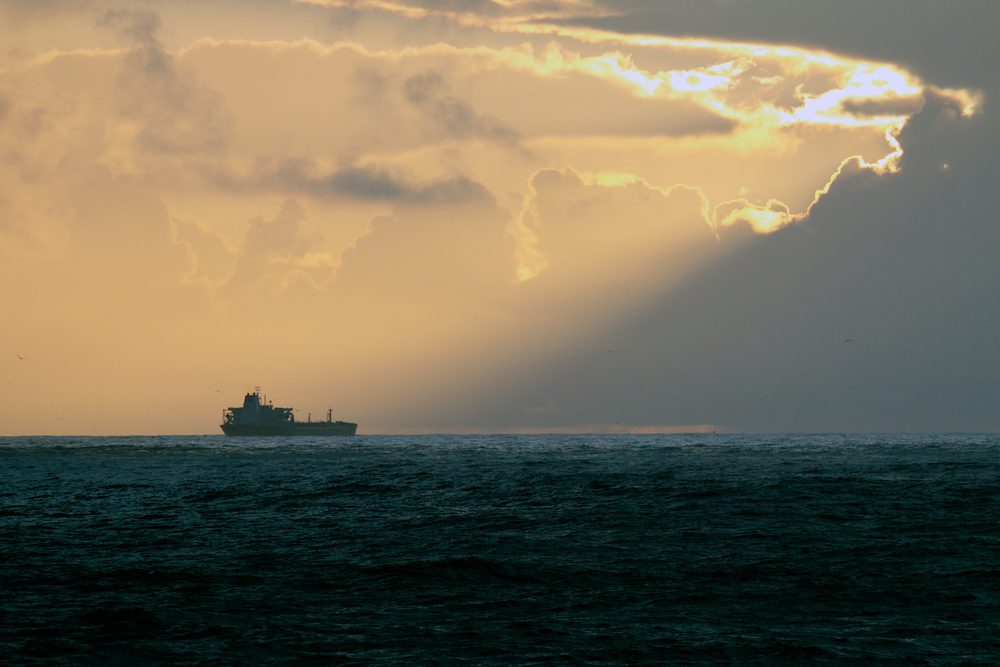The International Group of P&I Clubs (IG P&I) has issued a circular to inform operators about the U.S. State Department’s position on support to terrorist organizations, specifically the Houthis, and the associated implications for maritime operations and sanctions compliance.
State Department spokesperson Tammy Bruce’s gave a recent press statement on the United States’ position regarding support to terrorist organizations, such as the Houthis. According to Bruce on 9 April 2025, “The United States will not tolerate any country or commercial entity providing support to foreign terrorist organizations, such as the Houthis, including offloading ships and provisioning oil at Houthi-controlled ports.”
In early March 2025, the Office of Foreign Assets Control (OFAC) designated Ansarallah (“the Houthis” group in Yemen) as a Foreign Terrorist Organization (FTO) pursuant to Executive Order 13224, by updating the existing Ansarallah entry on the Specially Designated Nationals and Blocked Persons List (SDN List). Ansarallah was already listed on the SDN List as a result of the State Department’s designation of the group on 16 February 2024 as a Specially Designated Global Terrorist (SDGT) organisation.
Pursuant to Executive Order 13224, U.S. persons and non-U.S. persons using U.S. dollars are prohibited from engaging in virtually any transaction with Ansarallah or any entity owned 50 percent or more by Ansarallah. Furthermore, non-U.S. persons risk secondary sanctions exposure under Section 1(d)(1) of Executive Order 13224, if the U.S. determines that a non-U.S. person has provided material support or assistance to a person designated pursuant to that same order.
Simultaneous with the E.O.’s designation of Ansarallah as an FTO, OFAC issued General License no. 25A which permitted the delivery and offloading of refined petroleum products for personal, commercial, or humanitarian use in Yemen through 12:01 a.m. eastern daylight time on 4 April 2025, provided such products were loaded on a vessel prior to 5 March 2025. This General License expired on 4 April 2025 and has not been renewed.
Although pursuant to OFAC General License no. 26A (GL26A) transactions “necessary to port and airport operations involving Ansarallah” are generally authorized, GL 26A expressly excludes “transactions involving imports or exports of refined petroleum product.” Please note that GL 26A also does not authorize any payments to Ansarallah or an entity controlled by it unless it is “for the purpose of effecting the payment of taxes, fees, or import duties, or the purchase or receipt of permits, licenses, or public utility services.”
Based on these developments, if the cargo, including refined petroleum products, is going to be delivered to an Ansarallah controlled entity (or there is other Ansarallah involvement which is not required for the ordinary use of the port) then that transaction is prohibited, unless there is an exemption granted, for example under another General License such as General License no. 22A (for agricultural commodities, medicines or medical devices).
As a result, vessels discharging cargoes in Yemen may be subject to designation by the U.S. if it involves discharge at an Ansarallah-controlled port or delivery to Ansarallah or any entity owned 50 percent or more by Ansarallah. Moreover, Members and their affiliates may also be subject to designation for their involvement in any actions involving importing or exporting of refined petroleum products to Yemen.
Any operator considering the delivery of cargoes, including refined petroleum products to Yemen is therefore strongly urged to undertake stringent due diligence as to the ownership of the intended port of discharge and the identity of the cargo receiver.
In general, IG P&I recommends that operators planning port calls to Yemen exercise caution, particularly Ansarallah-controlled ports (currently understood to include at least Hudaydah and Ras Isa) as it carries a high level of risk – regardless of the cargo carried – in the light of the volatile situation.
Cover is not available for any trade that breaches applicable sanctions. Operators are advised that they should conduct thorough due diligence throughout the trade on the parties, cargoes, vessels, and other service providers that are or may be involved before engaging in any trade with a high sanctions risk. Finally, operatorts are reminded to keep records of their due diligence investigations and findings.





